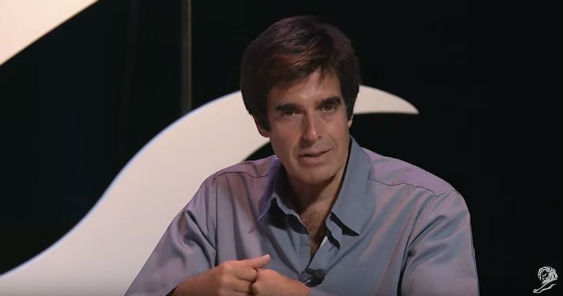MANILA, 20 MAY 2013 – YouTube has announced the launch of paid channels and has released the initial details of its paid subscription plan. Users can elect to subscribe to 53 channels that offer premium content for monthly fees ranging from 99 cents to US$7 per month.
The company’s launched a pilot program for a small group that will offer 53 paid channels on YouTube. These channels cover a wide range of content geared to different audiences, including athletes, movie buffs, children and those into niche interests such as video games. Every channel offers a 14-day free trial, and many of these channels also offer discounted yearly rates. Sesame Street and UFC are two of the most prominent.
Some netizens have expressed concern regarding this offer, saying that they wonder about the success of this stratagem given that one of the driving forces behind YouTube is the fact that the service has been free up to this point. YouTube, however, is gearing up to compete with outlets such as Netflix and Hulu, and has come a long way from hosting purely user-generated content. The move adds a revenue stream to YouTube’s existing one; the company currently profits from showing advertisements before popular videos, including local ones like Campaigns and Grey’s “Smelly” ad for Ambi Pur.
Update:
We asked Carlo Ople, Managing Director of Di9it, to weigh in on this development.
adobo: In your opinion, what would the Youtube paywall mean to advertisers?
adobo: Given that it’s the second most popular search engine in the world, do you think it would cause reduction in traffic?
CO: Not really. It might even drive more traffic since it will definitely be a great incentive for content creators to start producing videos with higher production value now that they can charge for it. The problem with the current YouTube partners business model for content creators is that the revenue isn’t stable so it’s hard to draw up forecasts. That can all change with the introduction of paid channels especially if you’re able to build a solid and loyal community of supporters.
adobo: Do you think this is the first move towards monetization of all premium content?





